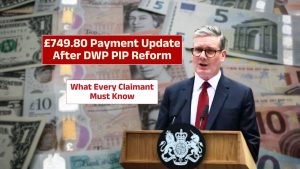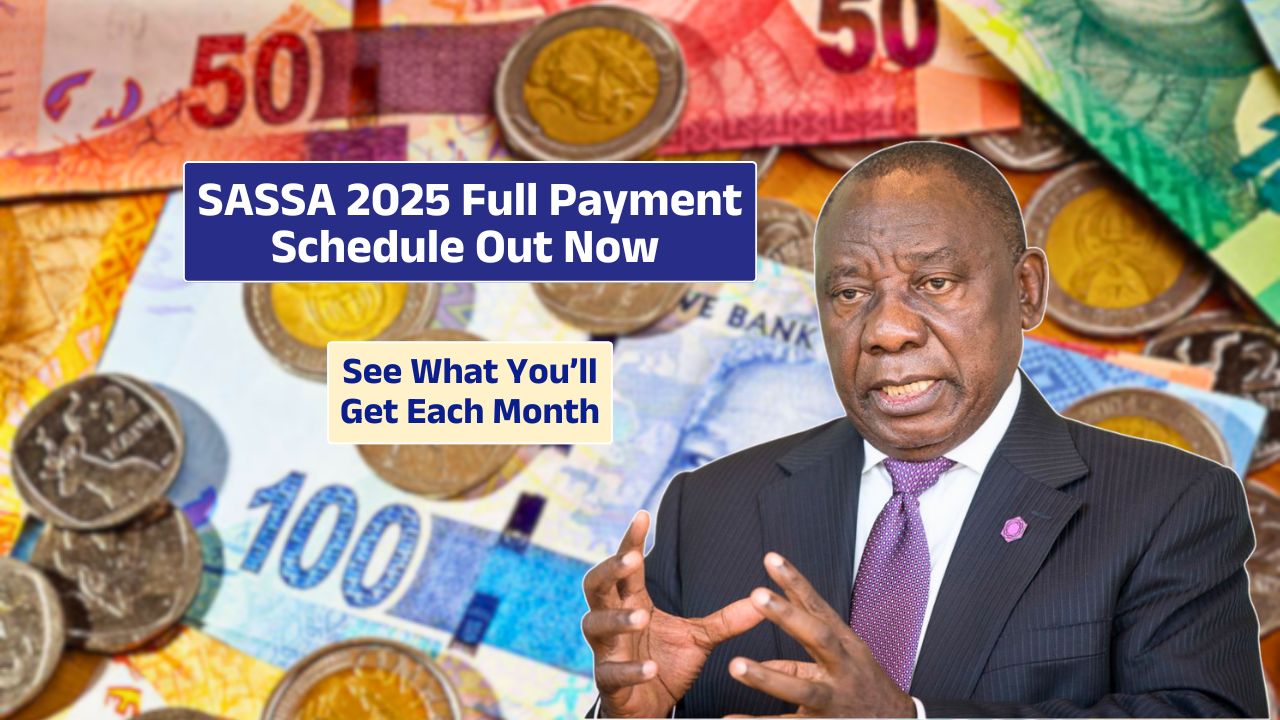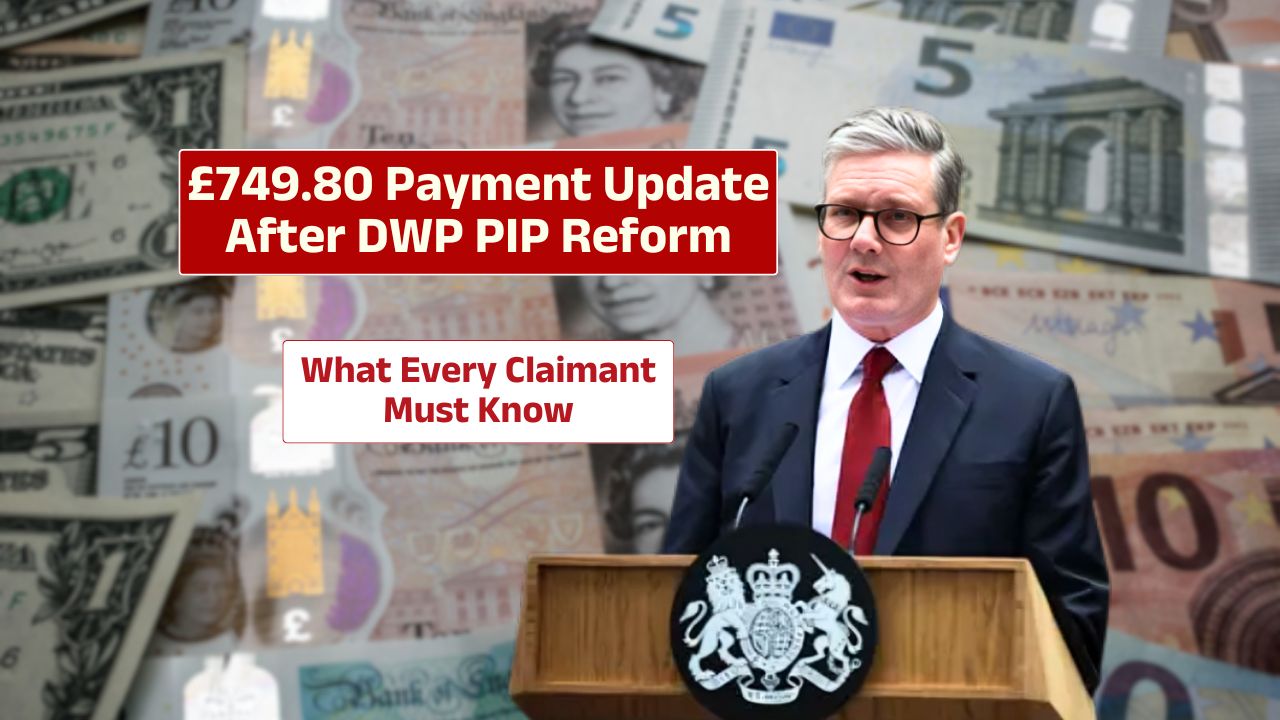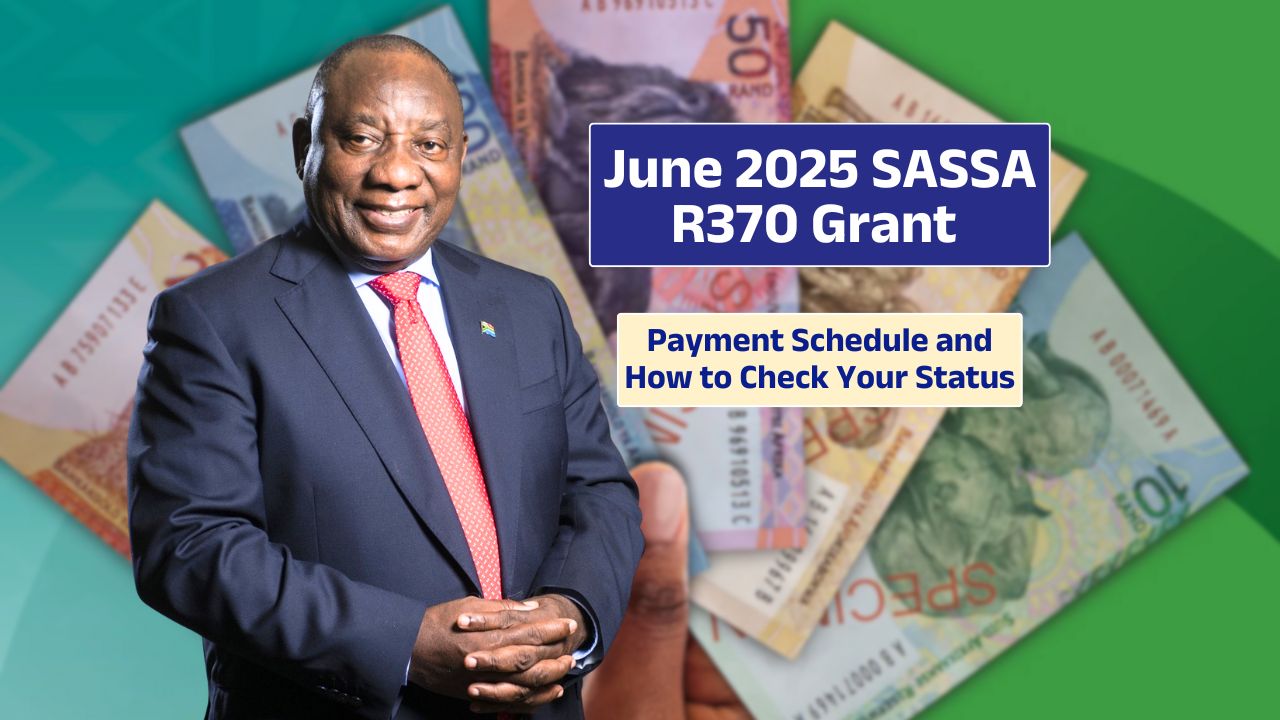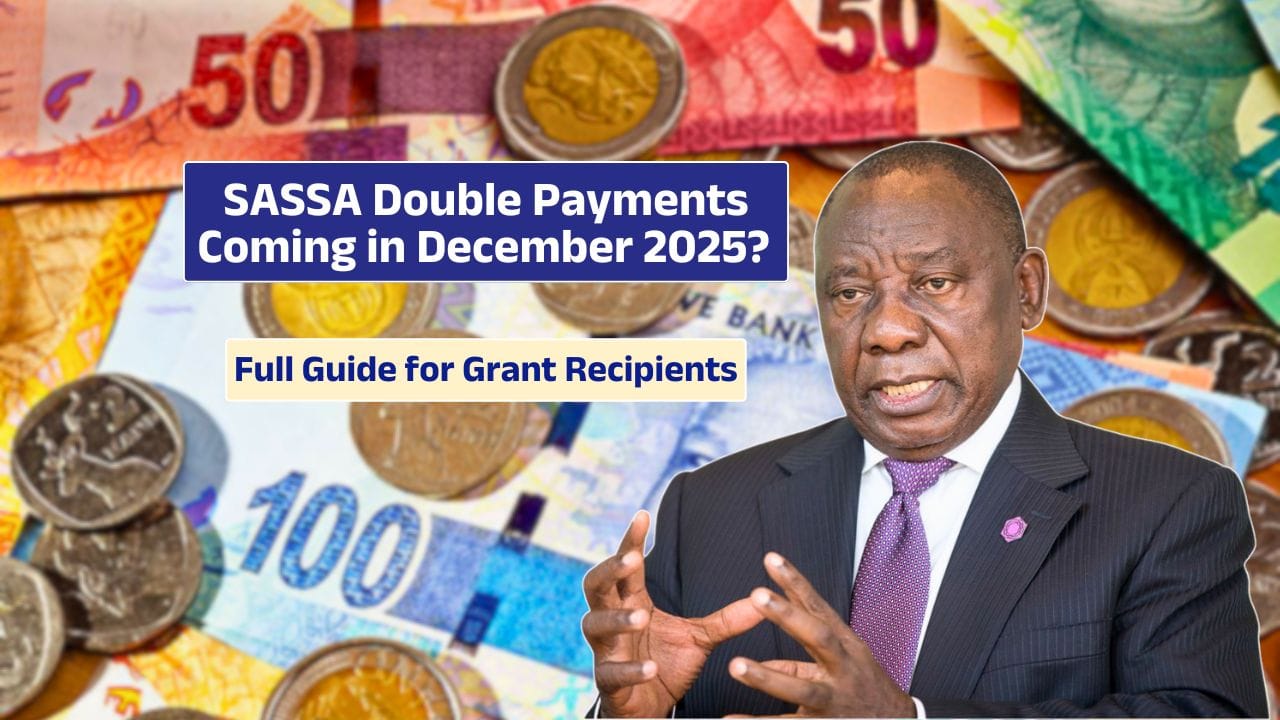Imagine applying for a student loan and finding out you don’t have to pay it back. That’s the reality for more than 16,000 South African students, thanks to a major policy change by the National Student Financial Aid Scheme (NSFAS) for 2025.
In a groundbreaking shift, NSFAS has reclassified thousands of student loans into full bursaries — meaning eligible students now receive non-repayable funding for tuition, accommodation, and living costs.
This move could dramatically reduce student debt and widen access to higher education. Let’s break down what this means, who qualifies, and how to apply before the August deadline.
Overview
Here’s a quick glance at what this change involves:
| Feature | Details |
|---|---|
| Policy Change | Over 16,000 loans converted into bursaries |
| Income Eligibility | R350,000 or less per household (annually) |
| Partial Funding Bracket | R350,001 to R600,000 income (loan/top-up) |
| Covered Costs | Tuition, housing, living expenses, materials |
| Deadline to Apply | 31 August 2025 |
| Application Website | www.nsfas.org.za |
NSFAS
The National Student Financial Aid Scheme (NSFAS) is a government-funded program designed to help low-income students attend public universities and TVET colleges in South Africa.
It offers both bursaries (non-repayable) and income-based loans (repayable after graduation), depending on the applicant’s financial background.
With this 2025 reform, thousands more students now qualify for full bursaries — turning what would have been long-term student debt into a financial fresh start.
Who Qualifies
To receive a full NSFAS bursary in 2025, you need to meet the following criteria:
- Be a South African citizen
- Household income must be R350,000 or less per year
- Be enrolled or planning to enrol at a public university or TVET college
- Meet academic performance rules (passing grades and credits)
If your family earns between R350,001 and R600,000, you may still qualify for partial support, like a repayable loan or a mix of loan and grant — depending on NSFAS’s available budget.
Bursary Cover?
This isn’t just about paying for classes — it’s a full financial support package.
- Tuition Fees
NSFAS pays for your full course fees, provided it’s an approved program. - Accommodation
Covers student housing on campus or approved private options. TVET students may receive transport allowances if they live at home. - Living Allowance
Around R1,650 per month for food, toiletries, and personal expenses. - Learning Materials
An annual amount (about R5,200) for books, stationery, or digital study tools.
How to Apply
Don’t miss the deadline: 31 August 2025. Follow these steps to apply:
- Go to www.nsfas.org.za
- Create or log in to your myNSFAS account
- Fill in your personal, academic, and financial details
- Upload the required documents (see next section)
- Submit and wait for confirmation
Required Documents
| Document Type | Who Must Submit It |
|---|---|
| South African ID | All applicants |
| Proof of income | Parents/guardians or self-supporting students |
| Death certificates | If a parent or guardian has passed away |
| SASSA letter | If household receives government grants |
| Academic results | Grade 12 marks or latest university transcript |
Ensure your documents are certified and clearly scanned.
After You Apply
Once you hit submit, here’s what happens next:
- Application in Progress: You’ll see this on your dashboard initially
- Verification: NSFAS checks your financial and academic details
- Approval/Decline: You’ll get an SMS or email with their decision
- Payouts Begin: Funds go to your school, and your allowances are paid monthly
Why This Matters
This shift from loans to bursaries is a game-changer. For many South African students, it means the chance to study without fearing long-term debt.
Benefits
- Reduces youth debt burden after graduation
- Encourages higher education in poor and rural communities
- Supports economic growth by increasing access to skilled jobs
Thousands of students drop out every year because they can’t afford books or food. By reclassifying loans as bursaries, NSFAS is tackling one of the biggest barriers to education head-on.
Voices from Students
When I applied, I was worried about the debt. Now that it’s a bursary, I can focus on my studies, says Sibongile M., a first-year engineering student.
This change means I can graduate without owing thousands. That’s life-changing, adds Thabo K., an aspiring teacher from the Eastern Cape.
FAQs
Who qualifies for an NSFAS bursary in 2025?
South African citizens with household income under R350,000.
When is the NSFAS 2025 deadline?
The deadline is 31 August 2025.
What does the bursary cover?
Tuition, accommodation, living costs, and study materials.
Can I apply if my income is above R350k?
Yes, partial support is available up to R600k income.
Where do I apply for NSFAS?
Visit www.nsfas.org.za and create a myNSFAS account.



